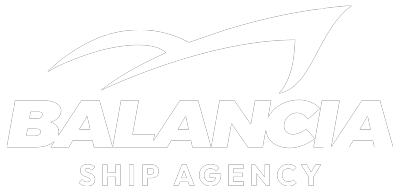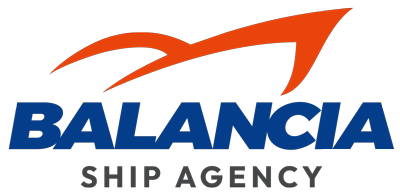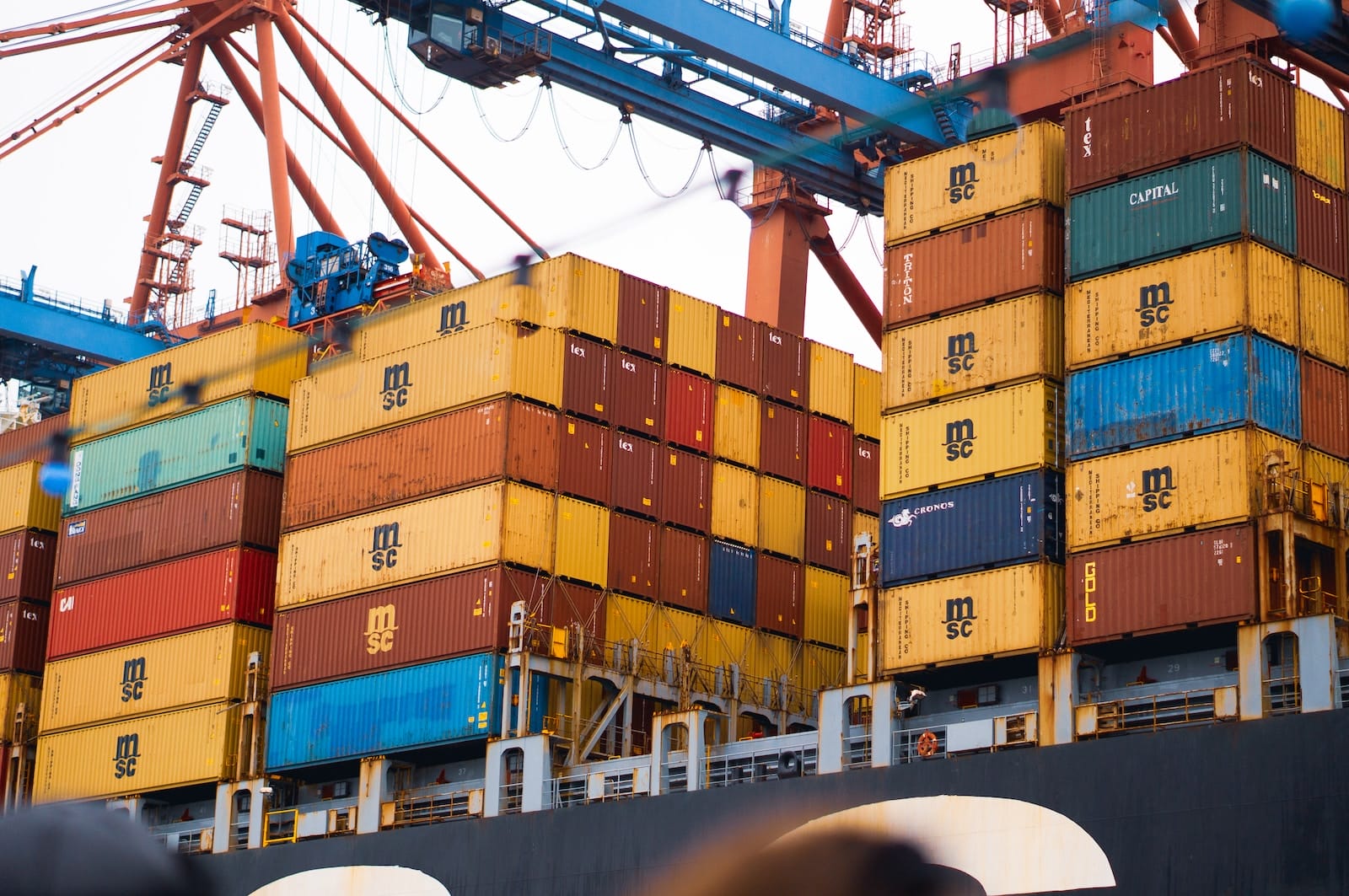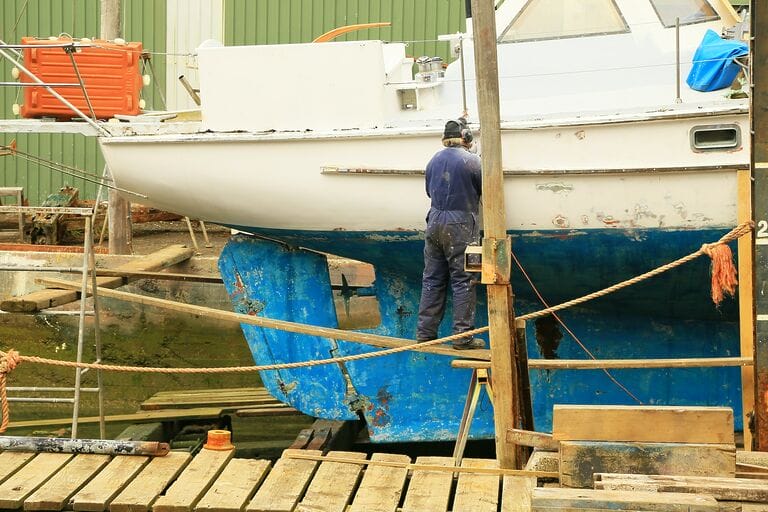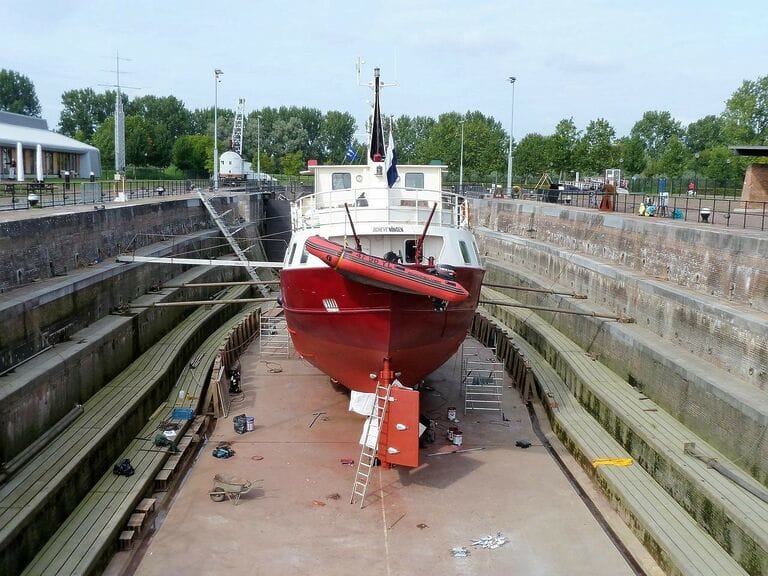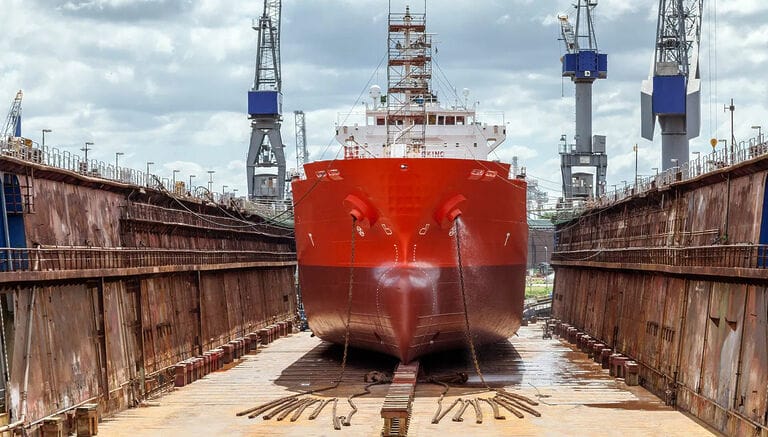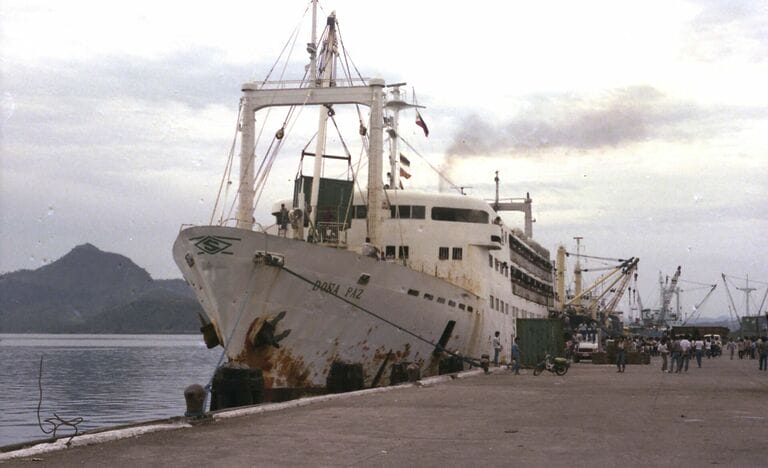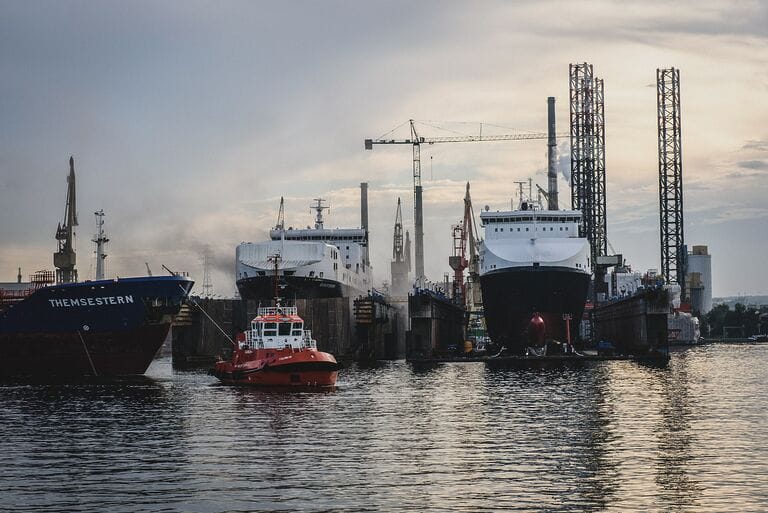International Maritime Dangerous Goods Code (IMDG)
The International Maritime Dangerous Goods Code or IMDG Code was adopted in 1965 as per the SOLAS (International Convention For Safety Of Life at Sea) Convention of 1960 under the IMO. Also, some of the provisions of MARPOL are extended in the IMDG Code. IMDG Regulations are updated periodically. In 2020, the 2018 edition came into effect
The International Maritime Dangerous Goods (IMDG) Code serves a pivotal role in ensuring the secure transportation of hazardous materials by sea while safeguarding marine ecosystems against pollution. This comprehensive code not only facilitates the movement of dangerous goods but also underscores the importance of environmental preservation. The IMDG Code’s journey commenced with voluntary compliance in 2019 and transitioned to mandatory adherence in 2020, signaling a concerted effort to enhance maritime safety and sustainability.
Developed under the auspices of the United Nations and the International Maritime Organisation (IMO), the IMDG Code stands as a uniform international framework for the transportation of perilous goods by sea. Its purview extends to encompass packaging, container traffic, stowage, and particularly, the segregation of incompatible substances. Encompassing two volumes and supplemented by an additional volume focused on responding to fires and spillage emergencies, this comprehensive guide sets stringent standards for the secure transportation of dangerous cargo.
Crucially, the IMDG Code ensures that goods transported across seaways are appropriately packaged for safe conveyance. Its universal applicability ensures that every cargo-carrying vessel worldwide falls within its purview. As the global demand for goods such as electronics, automobiles, batteries, and pharmaceuticals, all reliant on dangerous materials, continues to soar, the IMDG Code plays an indispensable role in fostering safe, efficient, and environmentally conscious trade.
Recognizing the dynamic nature of marine transportation, the IMDG Code has continually evolved through periodic amendments since its inception in 1961. These revisions, proposed by member countries of the IMO and carefully scrutinized by the United Nations panel of experts, ensure that the code remains attuned to evolving shipping practices, technology, and environmental considerations. This iterative process safeguards the code’s relevance and efficacy in an ever-changing maritime landscape.
Shipping dangerous goods, as necessitated by modern industries, demands meticulous attention to detail. To mitigate potential complications and hazards, the IMDG Code classifies dangerous goods into nine distinct categories, each meticulously addressing various levels of risk. This classification framework enables shippers to accurately label and certificate hazardous cargo, promoting both safety and efficient transportation.
The importance of the IMDG Code
The importance of the IMDG Code extends beyond industry practitioners to seafarers who directly engage with dangerous cargo. Mandatory dangerous goods training, as stipulated by the STCW requirements and informed by IMO guidelines, equips crew members with essential knowledge and skills. From proper segregation and packaging to understanding markings, labels, and placards, seafarers play a vital role in ensuring the safe handling of IMDG products. Their expertise in handling emergencies, fire containment, and hazardous goods declarations contribute significantly to maritime safety.
As the IMDG Code’s influence expands across approximately 150 countries, with nearly 98% of ships adhering to its directives, it solidifies its significance in safeguarding marine ecosystems and promoting responsible global trade practices. This multilateral commitment underscores the code’s integral role in maintaining the delicate balance between economic progress and environmental stewardship. The IMDG Code’s enduring legacy lies not only in its immediate impact on maritime safety but in its profound contribution to the long-term health of our oceans and the sustainable growth of international commerce.
Need Help At Sea ? Contact Us Now!
BALANCIA SHIP AGENCY
HQ Address : Komplex Ruko Golden City Block C No.3A, Batam City, Indonesia 29432
www.balancia.co.id
Mobile Ph. : +628112929654
Office Ph. : +627784883769
